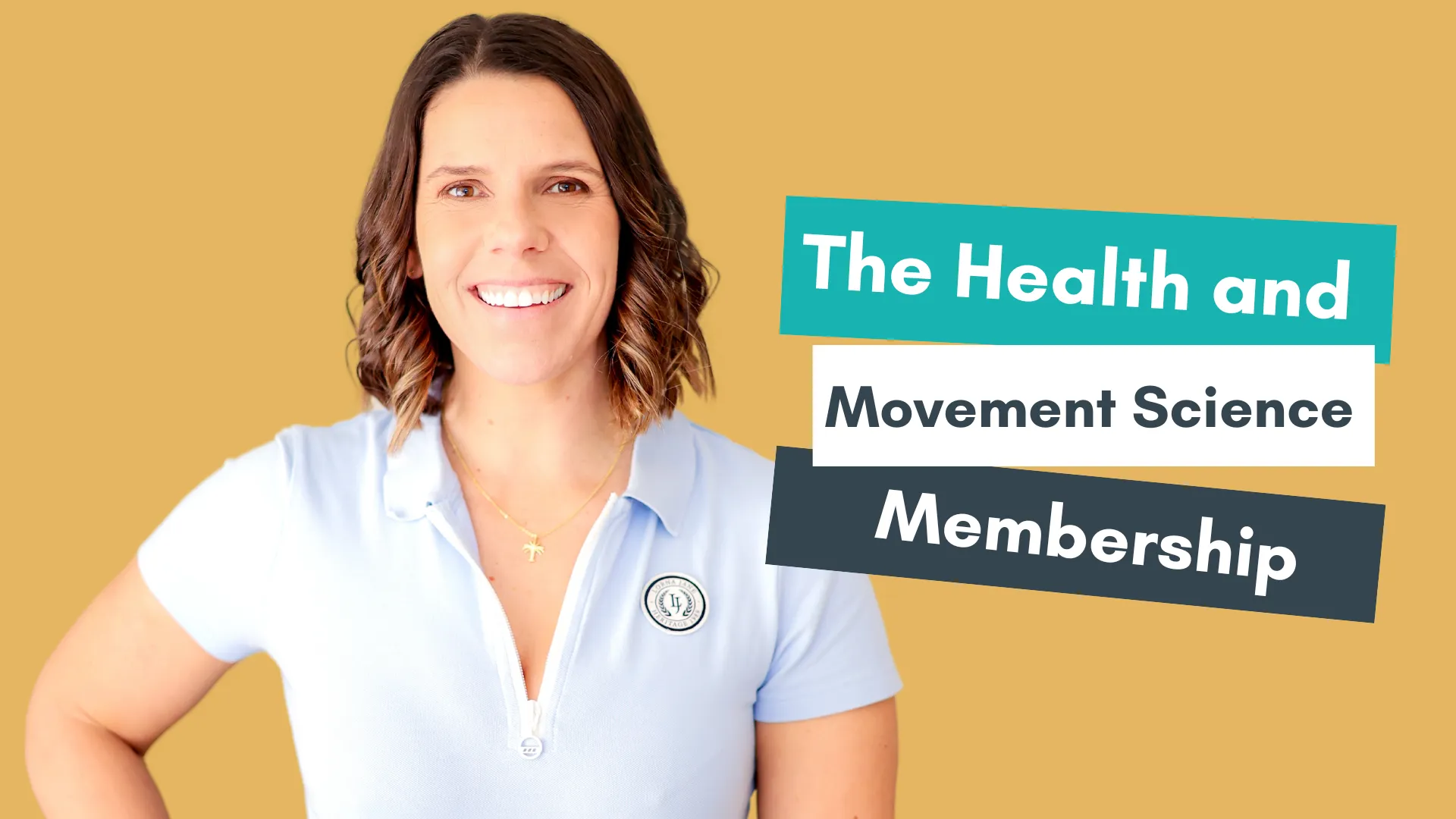How does training differ for individual and group sports?
Content Point Three
Investigate how individual and group sports apply psychological strategies, optimising arousal and management of stress and anxiety, to improve participation and performance
NESA Glossary of Key Words:
Investigate - Plan, inquire into and draw conclusions about.
How - Relate cause and effect; make the relationships between things evident.
How individual and group sports apply psychological strategies to improve participation and performance
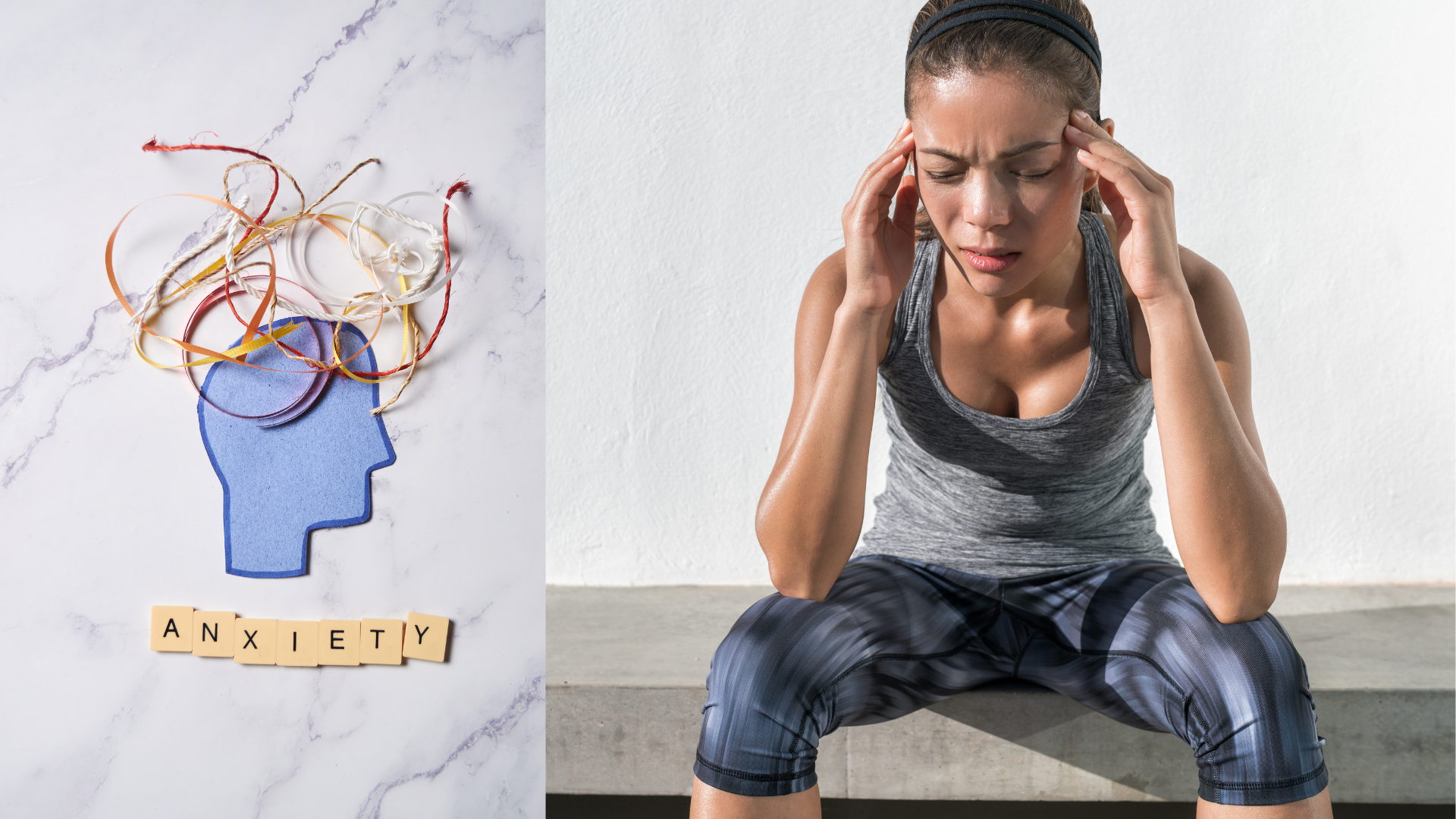
How does training differ for individual and group sports?
Content Point Three
Investigate how individual and group sports apply psychological strategies, optimising arousal and management of stress and anxiety, to improve participation and performance
NESA Glossary of Key Words:
Investigate - Plan, inquire into and draw conclusions about.
How - Relate cause and effect; make the relationships between things evident.
State anxiety
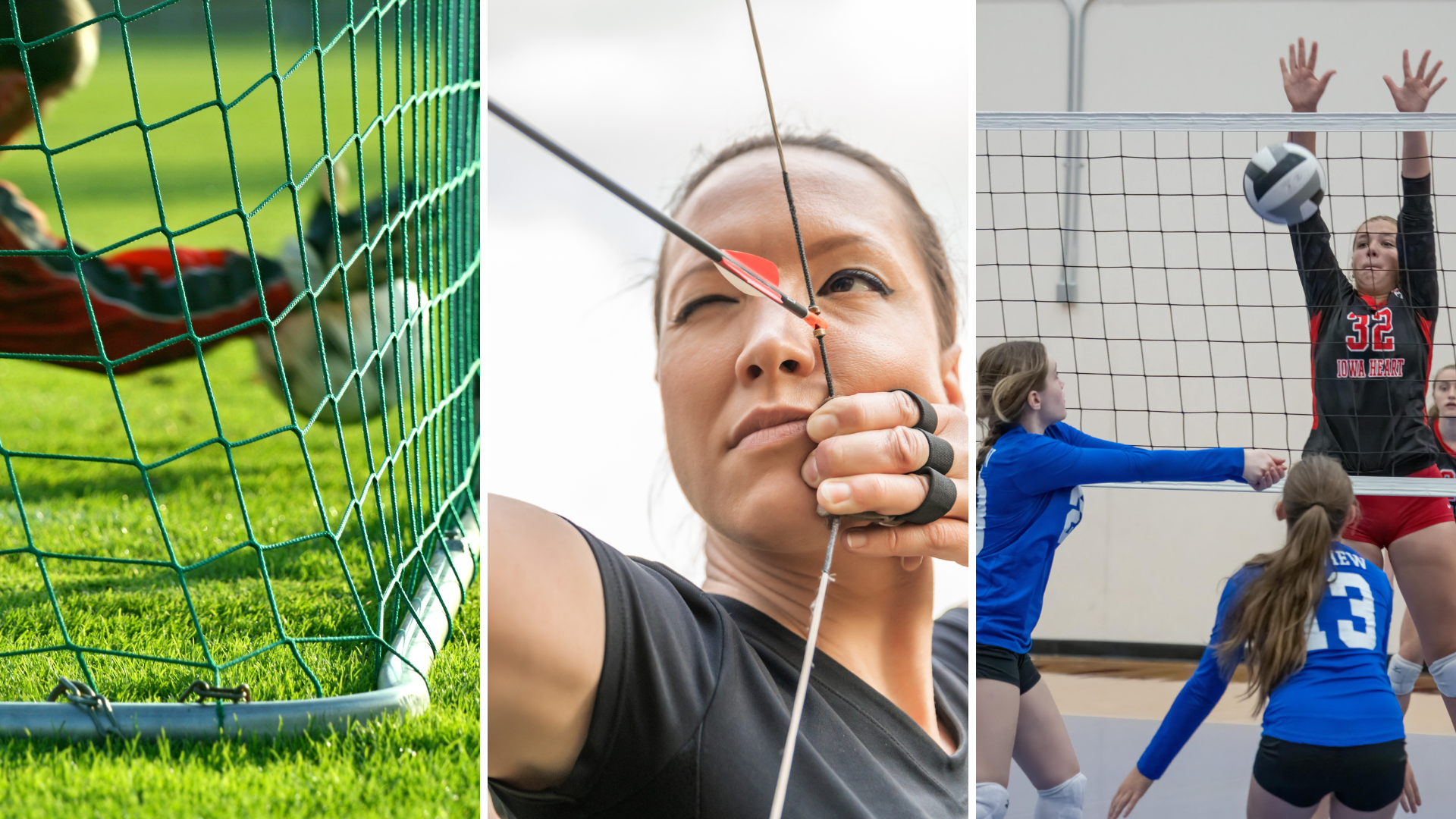
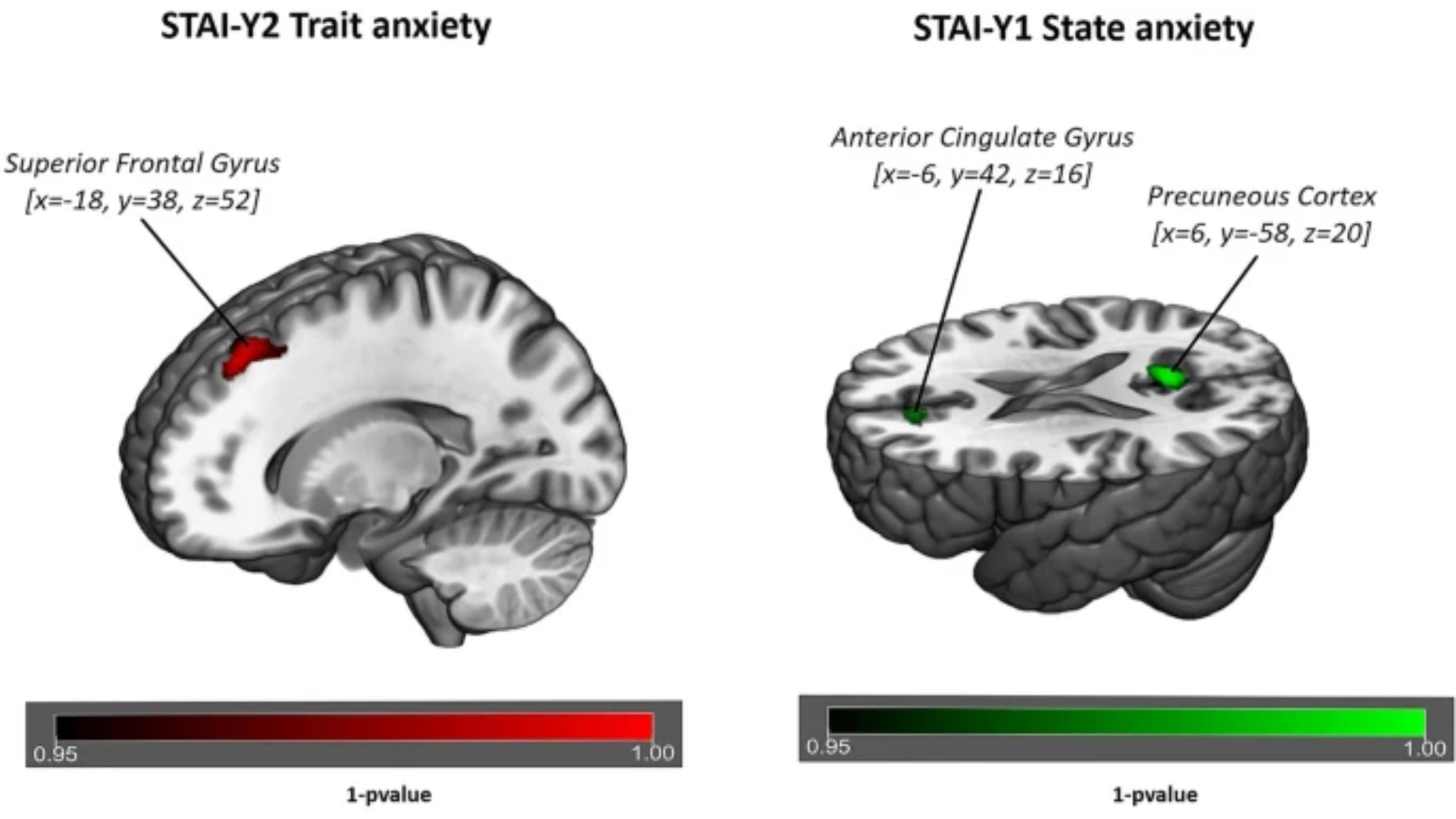
How does training differ for individual and group sports?
Content Point Three
Investigate how individual and group sports apply psychological strategies, optimising arousal and management of stress and anxiety, to improve participation and performance
NESA Glossary of Key Words:
Investigate - Plan, inquire into and draw conclusions about.
How - Relate cause and effect; make the relationships between things evident.
Arousal
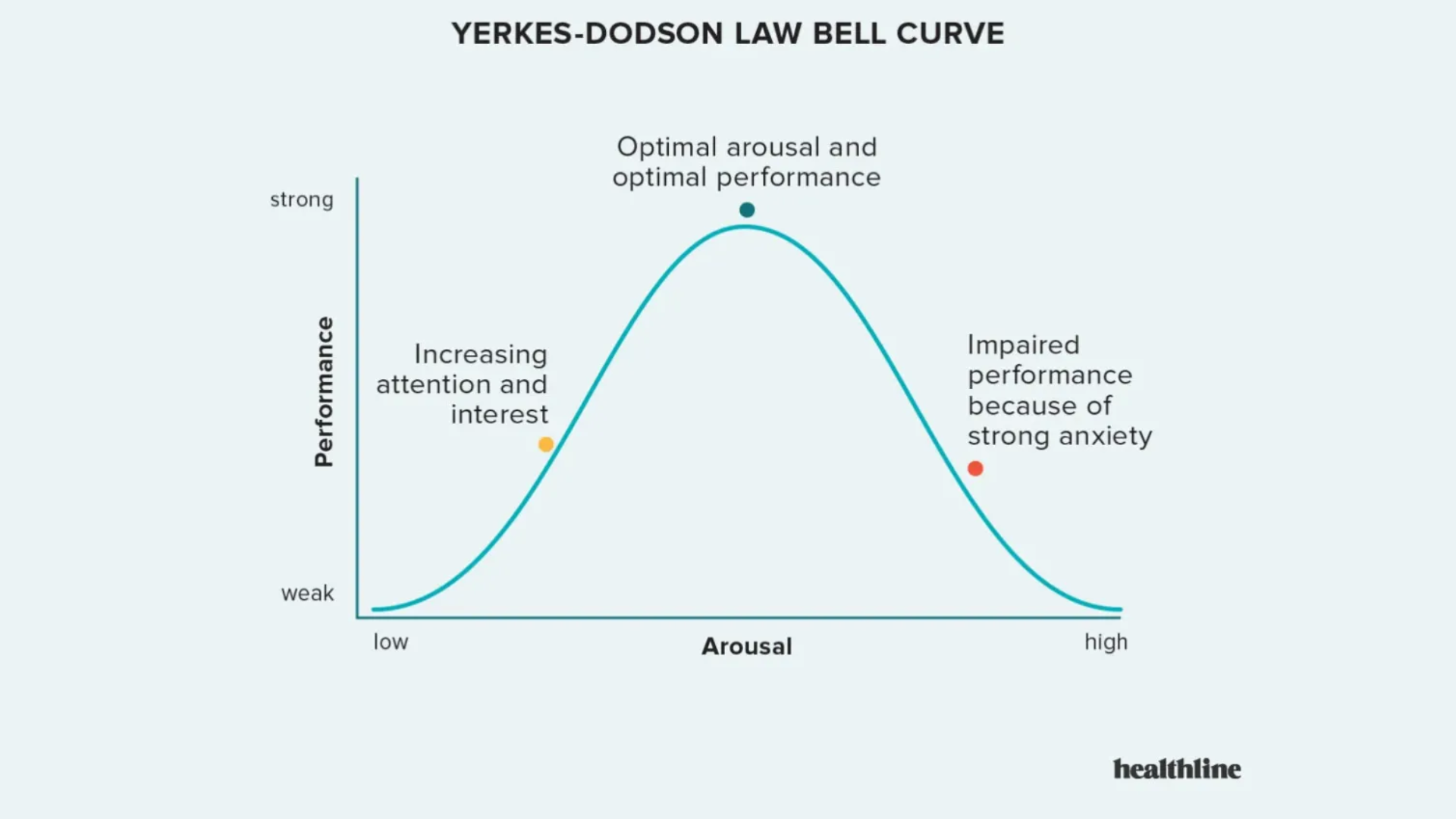
How does training differ for individual and group sports?
Content Point Three
Investigate how individual and group sports apply psychological strategies, optimising arousal and management of stress and anxiety, to improve participation and performance
NESA Glossary of Key Words:
Investigate - Plan, inquire into and draw conclusions about.
How - Relate cause and effect; make the relationships between things evident.
Stress
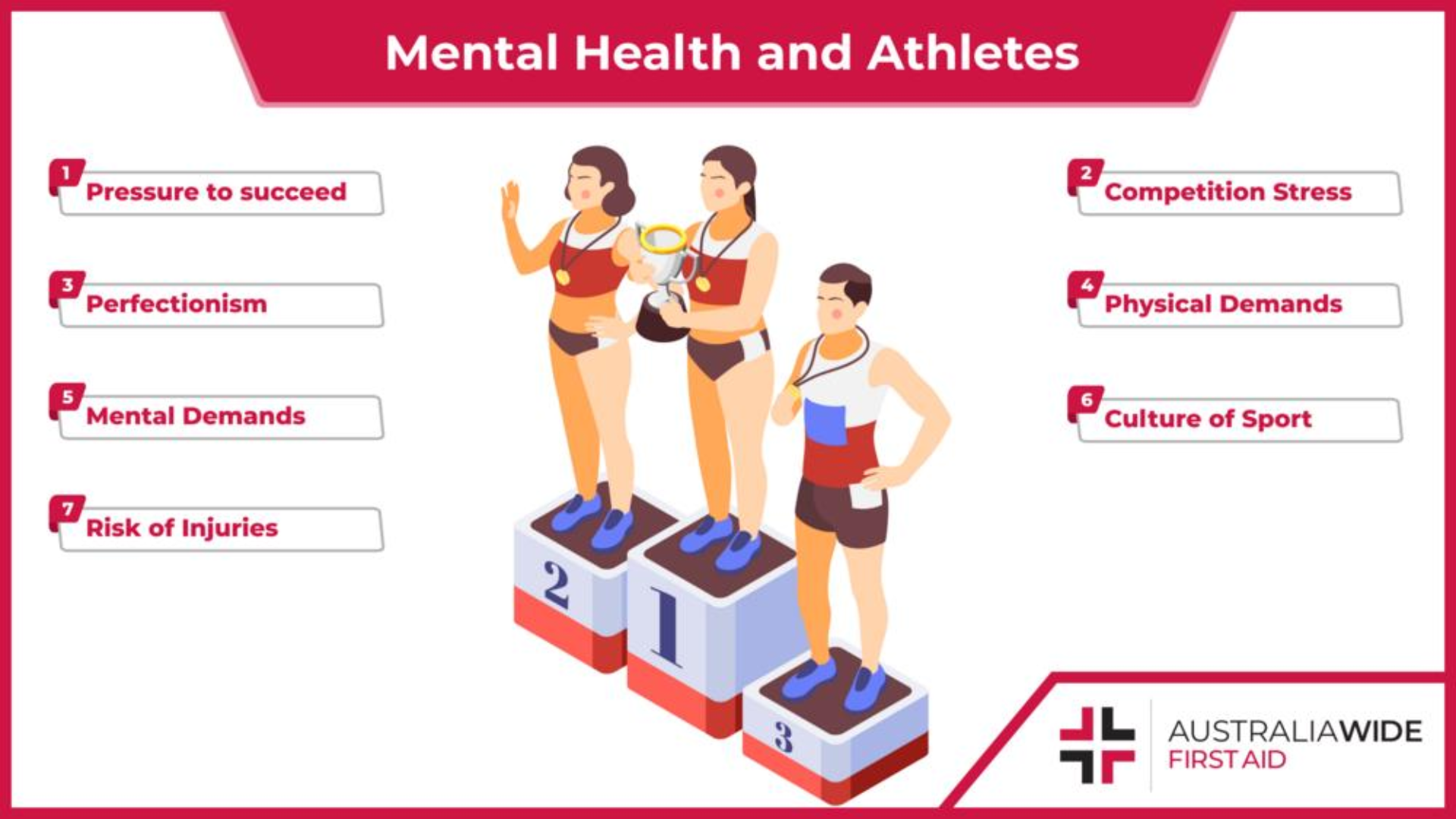
How does training differ for individual and group sports?
Content Point Three
Investigate how individual and group sports apply psychological strategies, optimising arousal and management of stress and anxiety, to improve participation and performance
NESA Glossary of Key Words:
Investigate - Plan, inquire into and draw conclusions about.
How - Relate cause and effect; make the relationships between things evident.
How Stress Affects Athletes
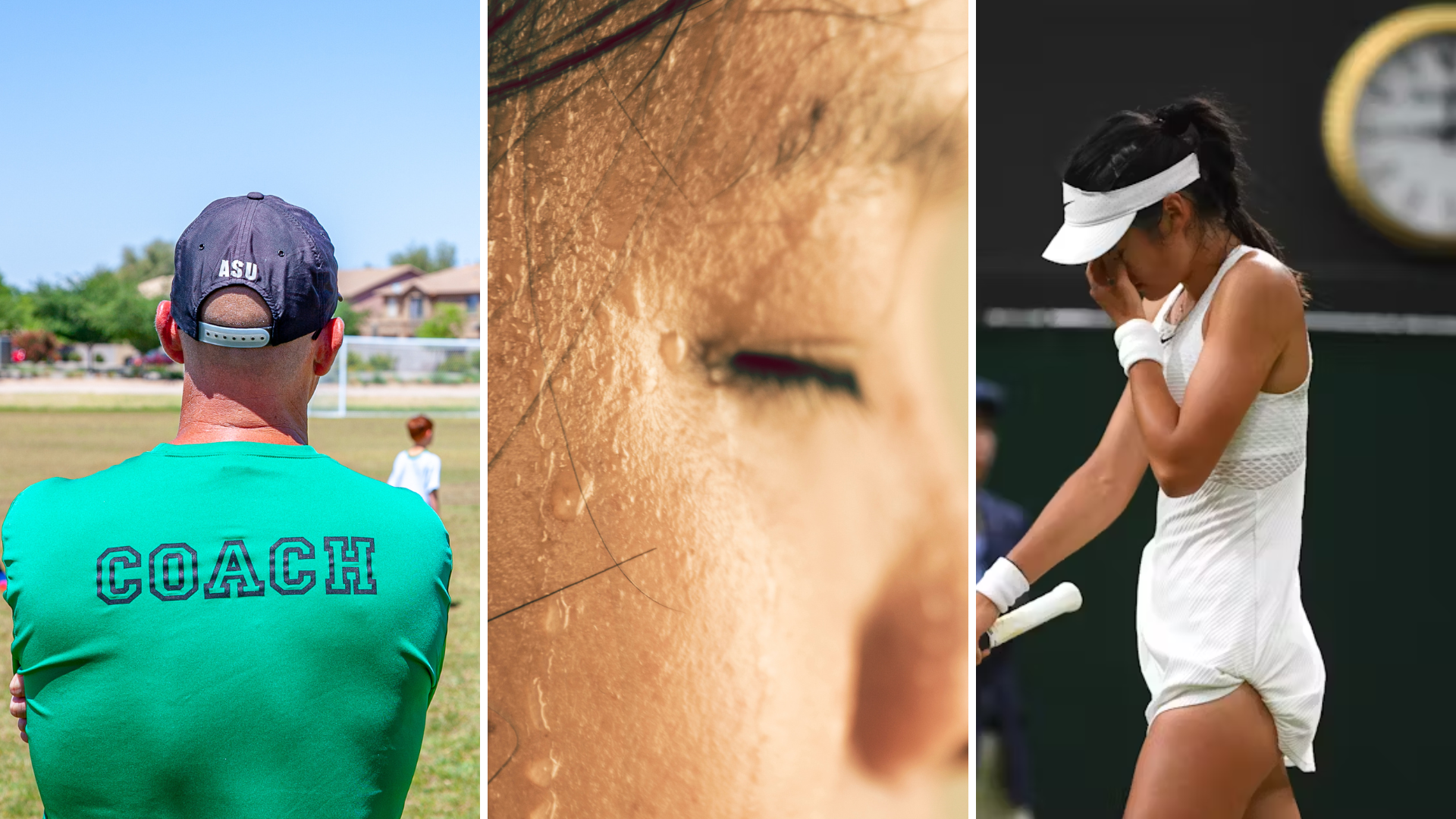
How does training differ for individual and group sports?
Content Point Three
Investigate how individual and group sports apply psychological strategies, optimising arousal and management of stress and anxiety, to improve participation and performance
NESA Glossary of Key Words:
Investigate - Plan, inquire into and draw conclusions about.
How - Relate cause and effect; make the relationships between things evident.
Stress and Anxiety Management and Arousal Regulation
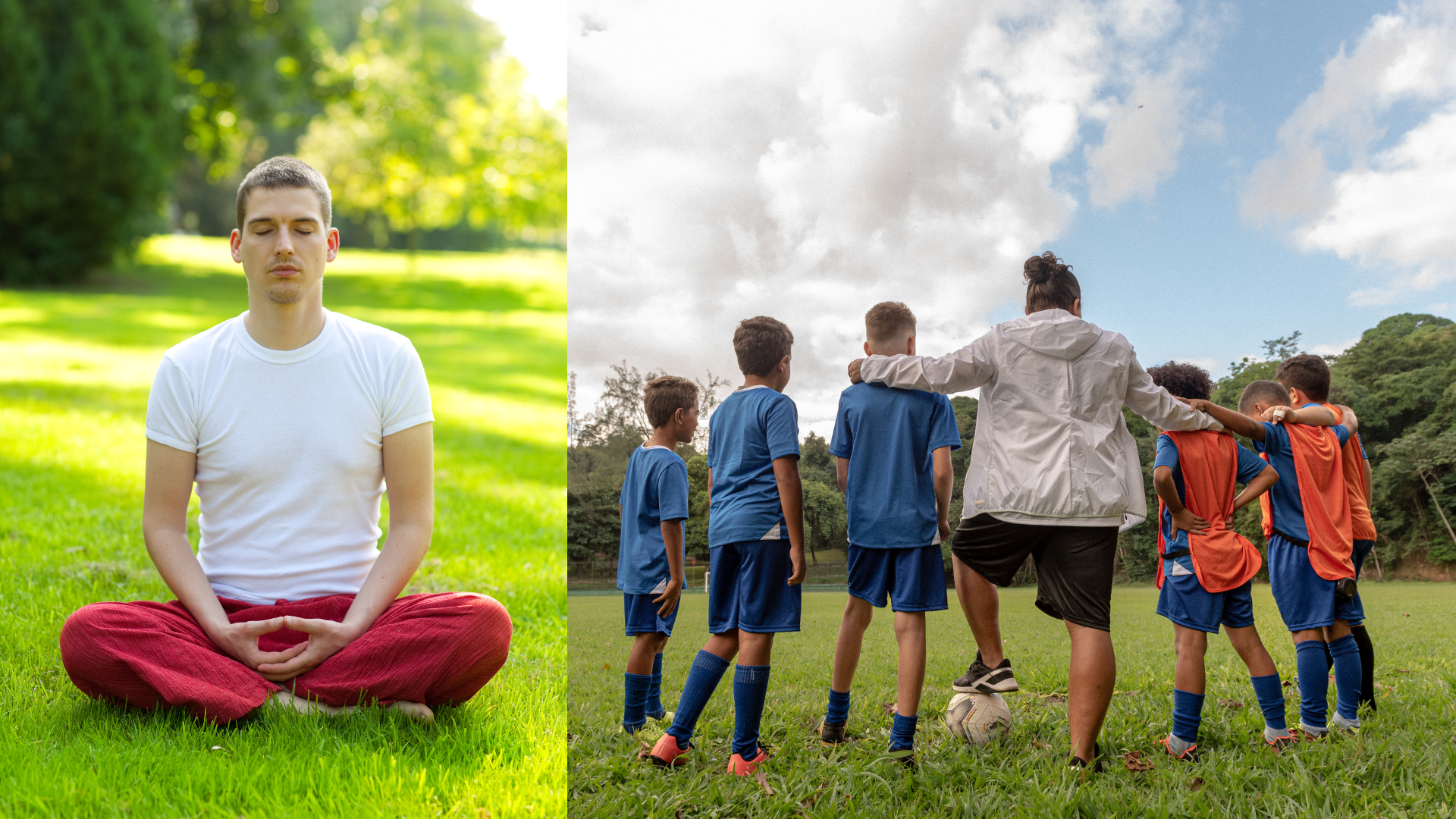
How does training differ for individual and group sports?
Content Point Three
Investigate how individual and group sports apply psychological strategies, optimising arousal and management of stress and anxiety, to improve participation and performance
NESA Glossary of Key Words:
Investigate - Plan, inquire into and draw conclusions about.
How - Relate cause and effect; make the relationships between things evident.
Concentration and Attention Skills
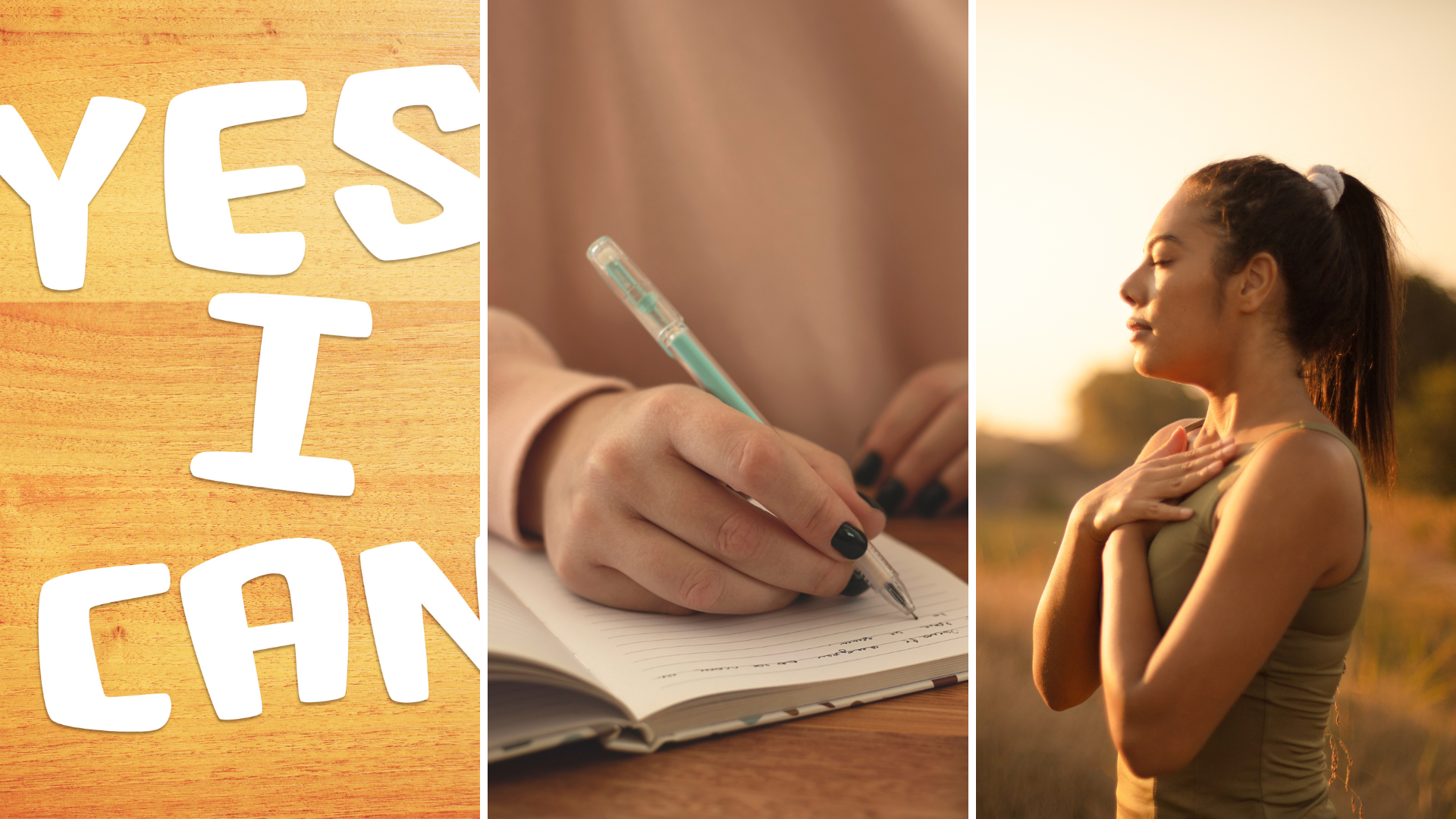
How does training differ for individual and group sports?
Content Point Three
Investigate how individual and group sports apply psychological strategies, optimising arousal and management of stress and anxiety, to improve participation and performance
NESA Glossary of Key Words:
Investigate - Plan, inquire into and draw conclusions about.
How - Relate cause and effect; make the relationships between things evident.
Mental Rehearsal/Visualisation/Imagery
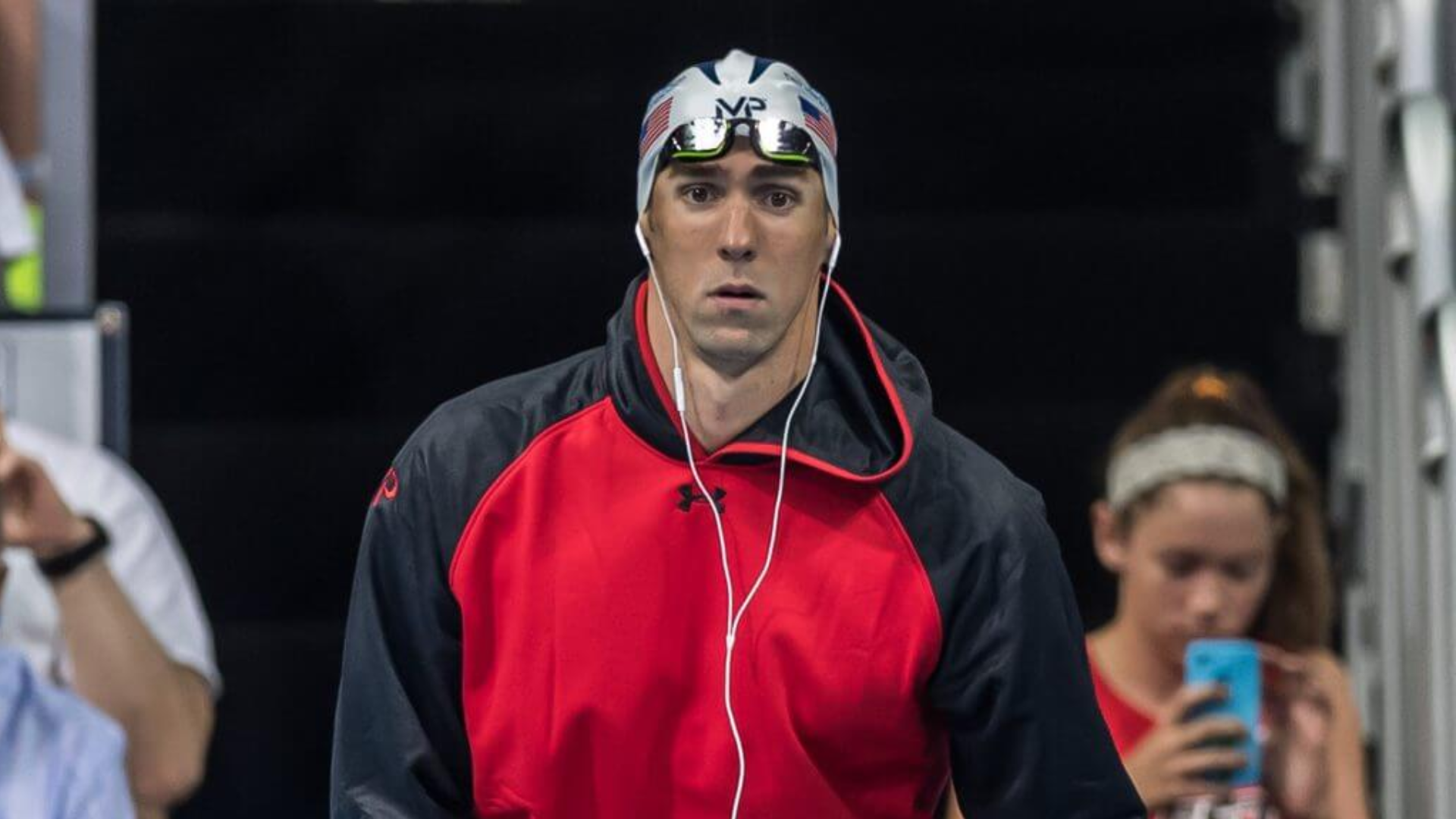
How does training differ for individual and group sports?
Content Point Three
Investigate how individual and group sports apply psychological strategies, optimising arousal and management of stress and anxiety, to improve participation and performance
NESA Glossary of Key Words:
Investigate - Plan, inquire into and draw conclusions about.
How - Relate cause and effect; make the relationships between things evident.
Visualisation
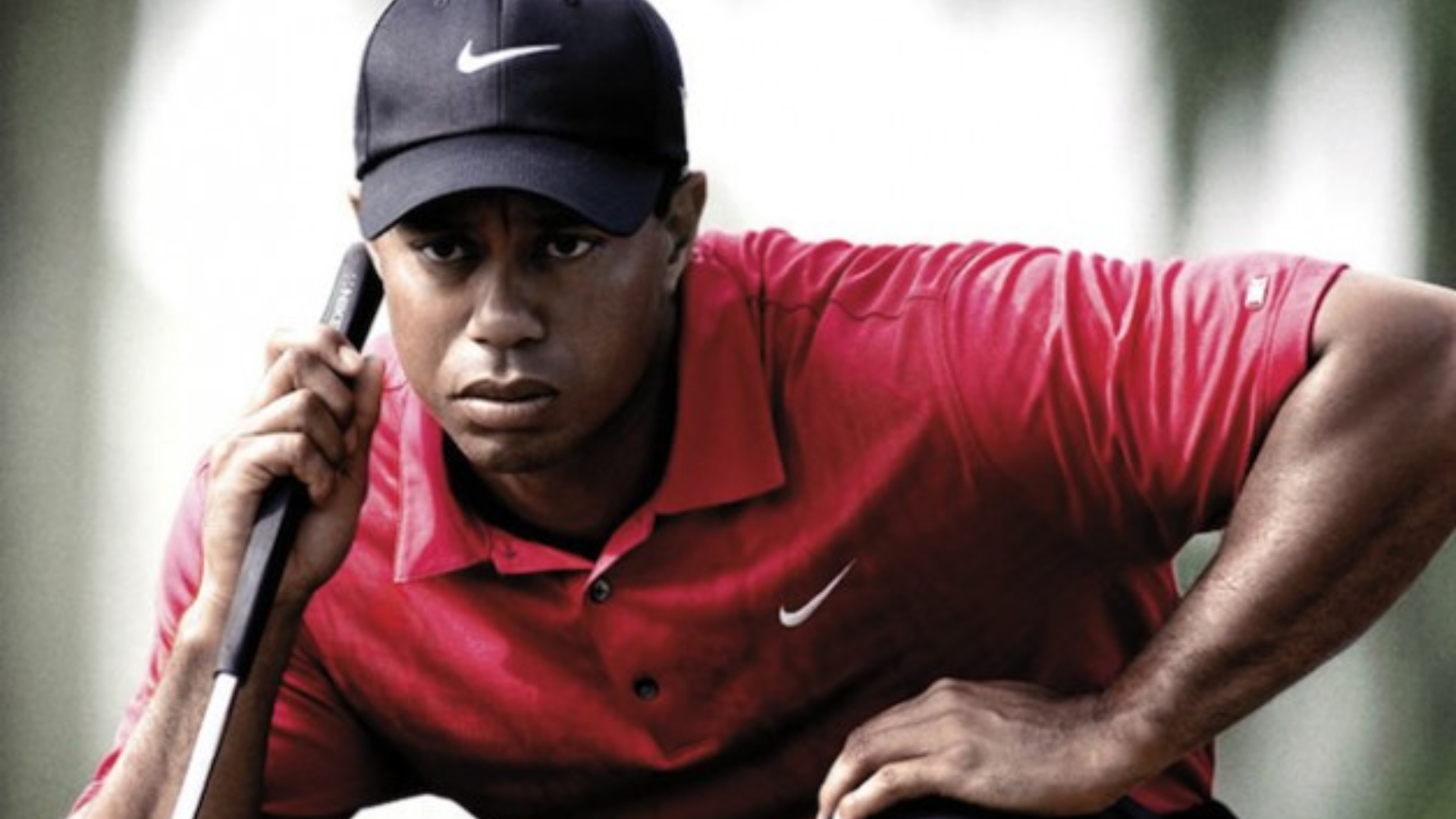
How does training differ for individual and group sports?
Content Point Three
Investigate how individual and group sports apply psychological strategies, optimising arousal and management of stress and anxiety, to improve participation and performance
NESA Glossary of Key Words:
Investigate - Plan, inquire into and draw conclusions about.
How - Relate cause and effect; make the relationships between things evident.
Relaxation Techniques
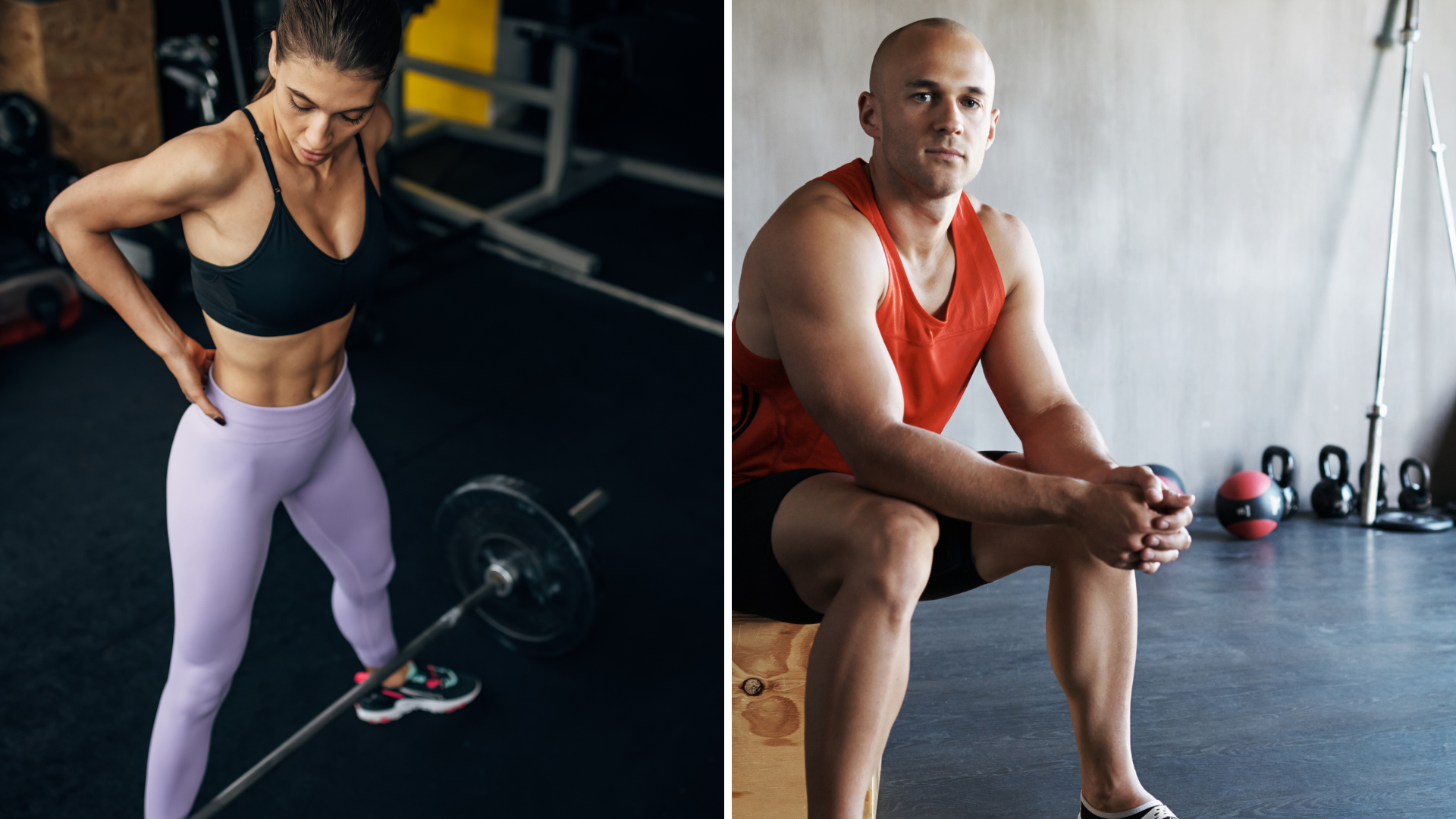
How does training differ for individual and group sports?
Content Point Three
Investigate how individual and group sports apply psychological strategies, optimising arousal and management of stress and anxiety, to improve participation and performance
NESA Glossary of Key Words:
Investigate - Plan, inquire into and draw conclusions about.
How - Relate cause and effect; make the relationships between things evident.
Relaxation Techniques - Music
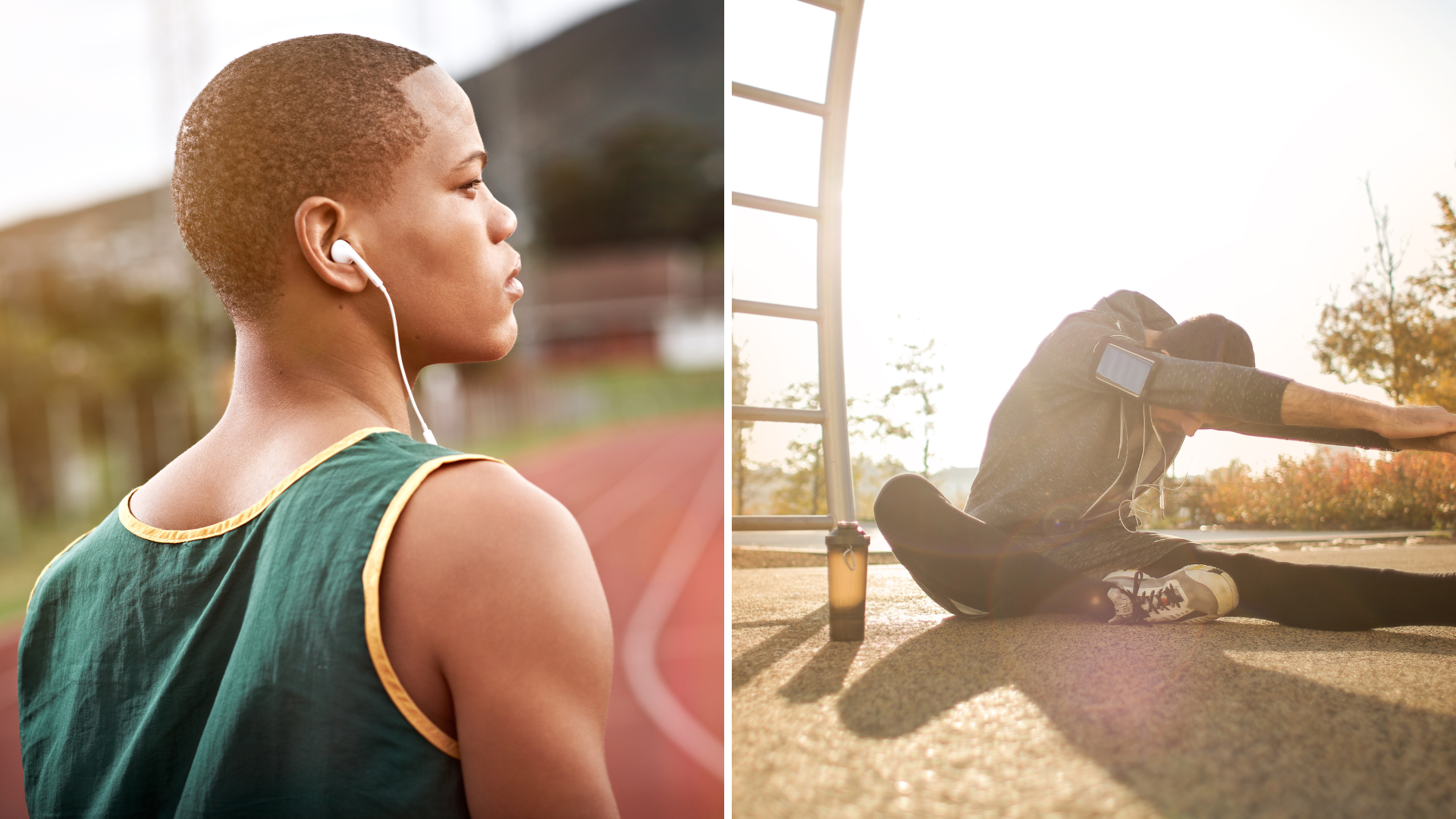
How does training differ for individual and group sports?
Content Point Three
Investigate how individual and group sports apply psychological strategies, optimising arousal and management of stress and anxiety, to improve participation and performance
NESA Glossary of Key Words:
Investigate - Plan, inquire into and draw conclusions about.
How - Relate cause and effect; make the relationships between things evident.
Psychological Strategies Common to Both Individual and Group Sports
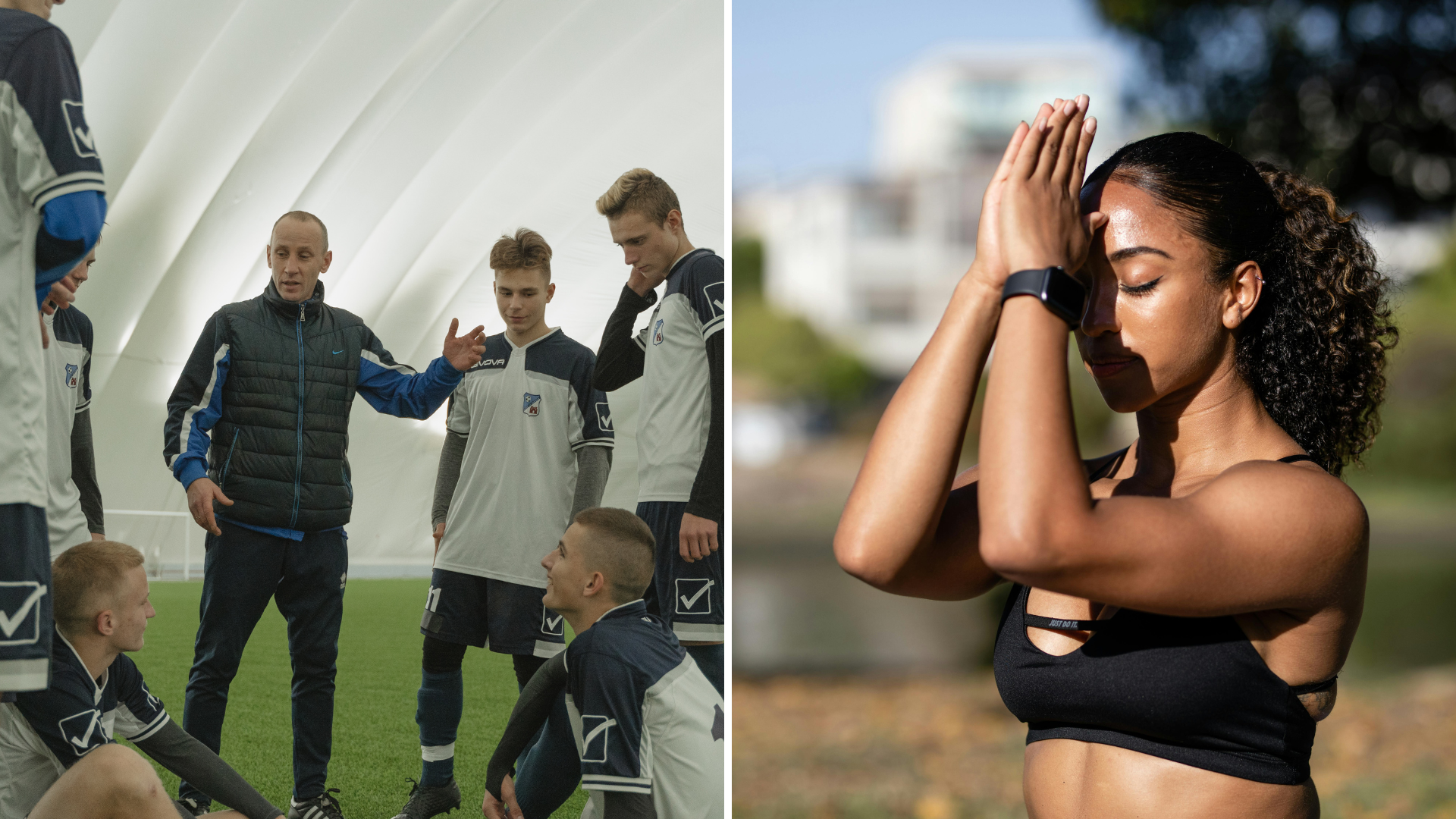
How does training differ for individual and group sports?
Content Point Three
Investigate how individual and group sports apply psychological strategies, optimising arousal and management of stress and anxiety, to improve participation and performance
NESA Glossary of Key Words:
Investigate - Plan, inquire into and draw conclusions about.
How - Relate cause and effect; make the relationships between things evident.
Goal Setting
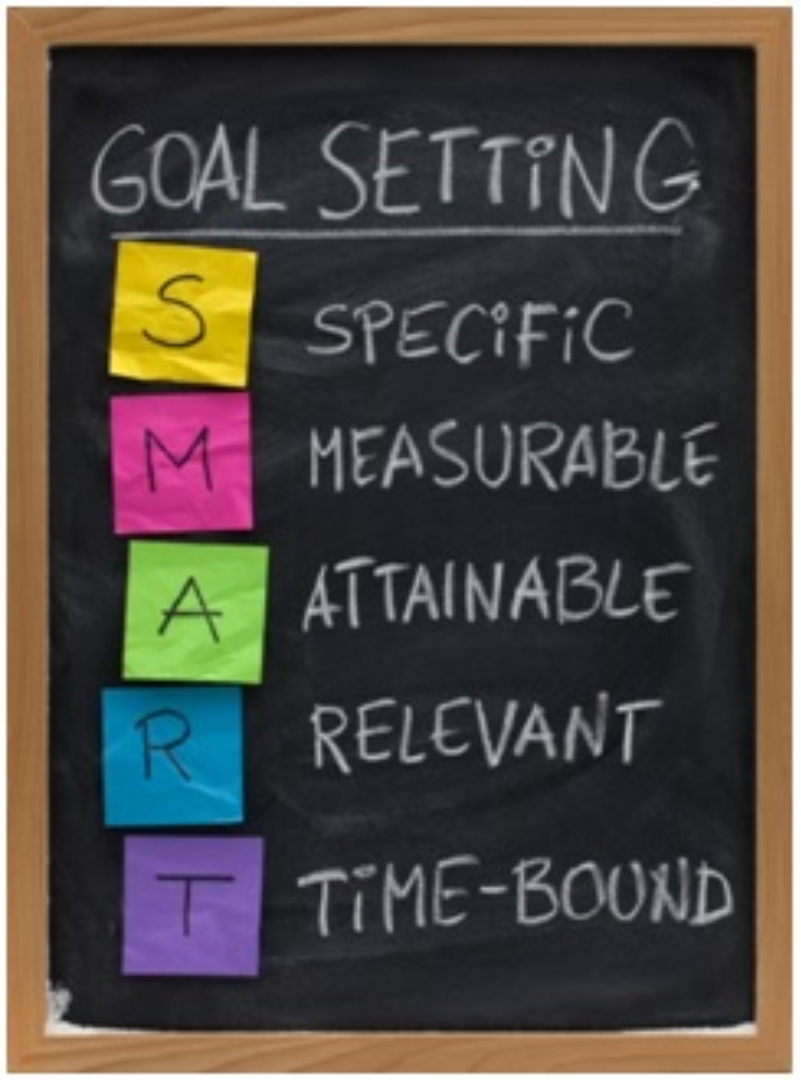
How does training differ for individual and group sports?
Content Point Three
Investigate how individual and group sports apply psychological strategies, optimising arousal and management of stress and anxiety, to improve participation and performance
NESA Glossary of Key Words:
Investigate - Plan, inquire into and draw conclusions about.
How - Relate cause and effect; make the relationships between things evident.
How individual and group sports apply psychological strategies to improve participation and performance
Learning Activities
1. Show short clips of athletes in high-pressure situations (e.g. penalty shootouts, Olympic finals, missed attempts). Students:
- Identify signs of stress or anxiety
- Note visible strategies used (e.g. deep breaths, visualisation, team huddle)
- Suggest what strategies they could have used or improved
2. Set up a circle and read aloud brief sporting scenarios, such as:
- “A volleyball team is down 2 sets and losing morale.”
- “A runner is at the start line of their first major competition.”
- “A goalie just let in a soft goal in the grand final.”
Ask students to respond:
- What signs of stress or arousal might appear?
- What strategy would they suggest?
- How would this help improve participation and performance?
3. In pairs, one student is the athlete, the other a sports psychologist or reporter. Choose a sport and scenario (e.g. preparing for finals, coming back from injury). Students script and perform a short interview:
- How does the athlete experience stress or anxiety?
- What strategies have they used to manage it?
- What benefits have they noticed in their performance?
Class gives feedback on:
- Use of appropriate psychological language
- Suitability of chosen strategies for the sport
Revision Questions
1. Describe psychological strategies that may benefit individual athletes.
2. Explain the Inverted-U Hypothesis and how this influences performance.
3. Analyse how psychological strategies can help manage stress and anxiety of athletes in team sports.
4. Discuss how relaxation can help manage arousal levels in sport.
5. Justify the benefits of psychological strategies in improving participation and performance in sport.
Sample Answers
Sample answers coming soon.

